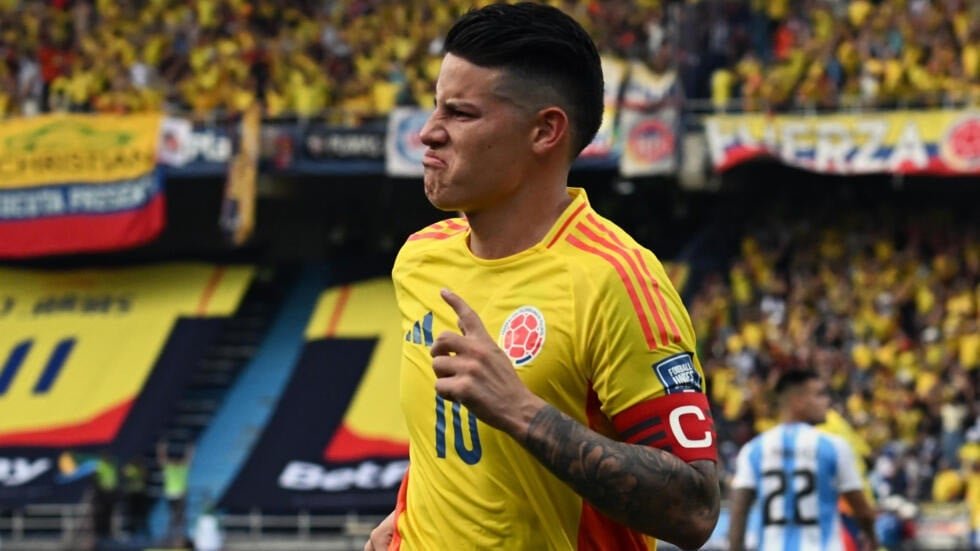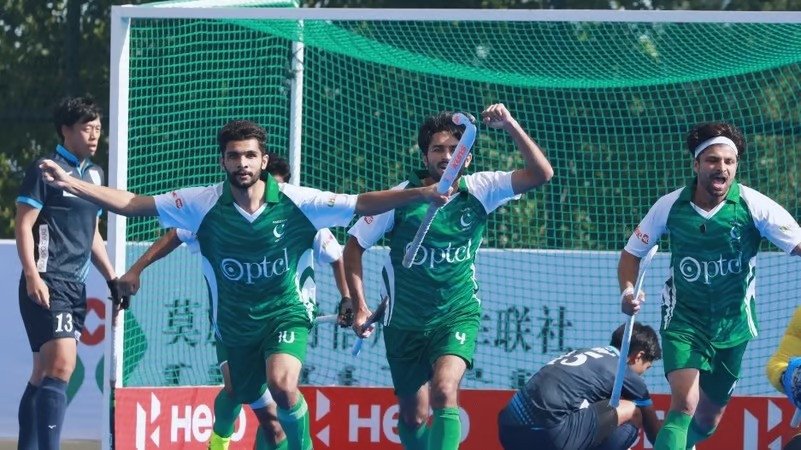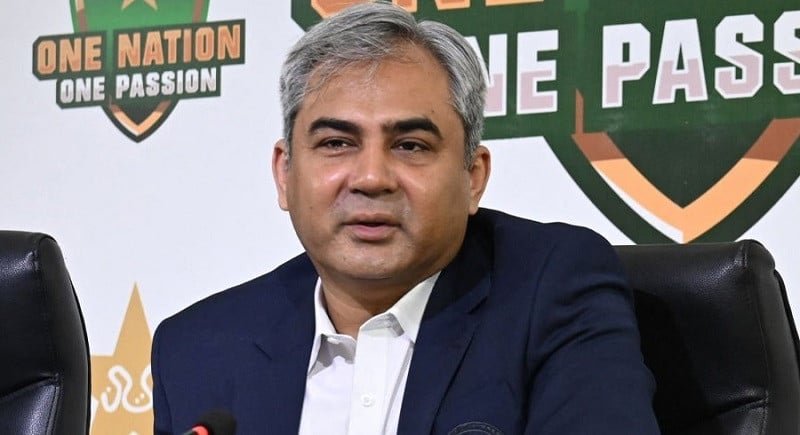16 former males’s school basketball gamers, together with Kansas stars Mario Chalmers and Sherron Collins, UConn barricade Ryan Boatright and Arizona barricade Jason Terry, have sued the NCAA and more than one meetings for the unauthorized virtue in their identify, symbol and likeness in March Insanity highlights.
Chalmers accident a 3-pointer with 2.1 seconds left to connect Memphis and drive extra time within the 2008 nationwide championship sport. Then Chalmers made probably the most dramatic pictures in NCAA males’s basketball historical past, the Jayhawks ruled the Tigers in extra time to win 75-68 for his or her first nationwide championship in 20 seasons.
Defendants within the class-action lawsuit, which was once filed Monday within the U.S. District Court docket within the Southern District of Untouched York, additionally contains the Bulky East, Pac-12, Bulky Ten, Bulky 12, SEC, ACC and Turner Sports activities Interactive.
“Mario Chalmers, Sherron Collins, and other members of the 2008 Kansas Jayhawks National Championship men’s basketball team have been paid nothing by the NCAA or its partner TSI for the continued use of their names, images and likenesses in promoting and monetizing March Madness,” the lawsuit mentioned. “The same is true for thousands of former NCAA athletes across all sports whose names, images, and likenesses are continuing to be displayed for commercial purposes by the NCAA, its member conferences, and its partners such as TSI.”
The lawsuit accused the defendants of “systematically and intentionally” misappropriating the plaintiffs’ exposure rights time “reaping scores of millions of dollars from Plaintiffs and similarly situated class members’ participation in competition.”
The lawsuit accused the NCAA and the alternative defendants of violating the federal Sherman Antitrust Function thru unreasonable restraint of industry, workforce boycott and refusal to do business in.
“The NCAA has for decades leveraged its monopoly power to exploit student-athletes from the moment they enter college until long after they end their collegiate careers,” the lawsuit mentioned. “The NCAA has conspired with conferences, colleges, licensing companies, and apparel companies to fix the price of student-athlete labor near zero and make student-athletes unwitting and uncompensated lifetime pitchmen for the NCAA.”
Alternative plaintiffs within the lawsuit come with Alex Oriakhi (UConn/Missouri), DeAndre Daniels (UConn), Roscoe Smith (UConn/UNLV), Vincent Council (Providence), Matt Pressey (Missouri), Eugene Edgerson (Arizona), A.J. Bramlett (Arizona), Jason Stewart (Arizona), Gerard Coleman (Windfall/Gonzaga), Justin Greene (Kent State), Ron Giplaye (Windfall/East Tennessee State) and James Cunningham (Arizona State/Tulsa).
On June 10, 10 contributors of the 1983 NC State males’s basketball group sued the NCAA and the Collegiate Licensing Corporate in Wake County Splendid Court docket in North Carolina for unauthorized virtue in their identify, symbol and likeness. Referred to as the “Cardiac Pack,” educator Jim Valvano’s group defeated closely liked Houston 54-52 on Lorenzo Charles’ dunk within the ultimate seconds.
“For more than 40 years, the NCAA and its co-conspirators have systematically and intentionally misappropriated the Cardiac Pack’s publicity rights — including their names, images, and likenesses — associated with that game and that play, reaping scores of millions of dollars from the Cardiac Pack’s legendary victory,” the lawsuit mentioned.
On Might 22, the NCAA’s board of governors voted to agree to settlement terms within the Area v. NCAA and similar antitrust instances. As a part of the word, which has but to be authorized through a federal pass judgement on, the NCAA will lend greater than $2.7 billion to former athletes over the then decade for again damages similar to the affiliation’s identify, symbol and likeness restrictions, resources in the past advised ESPN.
The meetings additionally yes to develop a device that may permit colleges to pay kind of $20 million in step with future in earnings sharing to athletes.
ESPN’s Dan Murphy and Pete Thamel contributed to this record.


